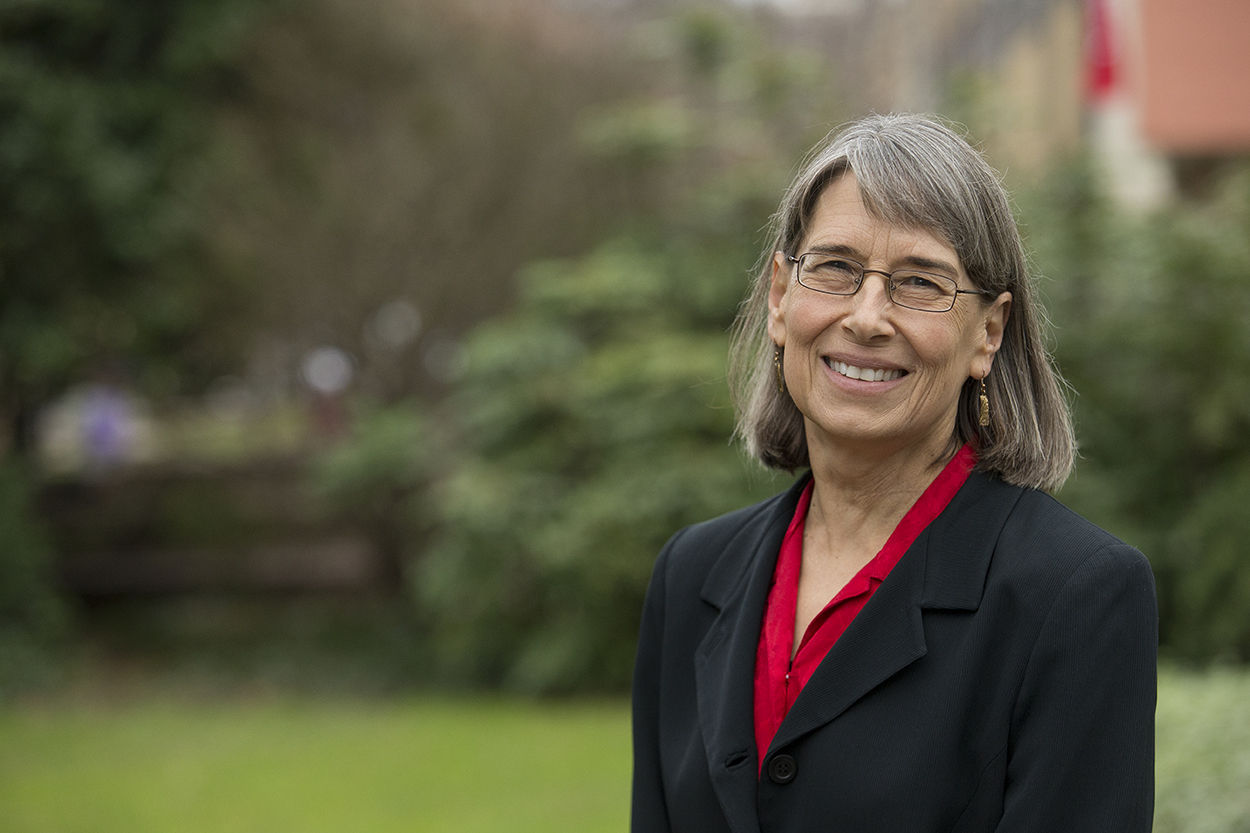Media Studies and Production Professor Nancy Morris recently published the English translation of “Thinking about Music from Latin America: Issues and Questions,” originally by author Juan Pablo Gonzalez. The piece is an academic exploration of the musical dynamics of Latin America.
“Dr. Morris has established herself as one of the world’s authorities in Latin American media and music,” said Patrick Murphy, associate dean for research and graduate studies. “[The publication] is a wonderful continuation of her work in that area.”
Morris began her academic career at the University of New Mexico by earning both a bachelor’s degree and a master of arts in Latin American studies and later a Ph.D. in communication from the University of Pennsylvania.
Almost a decade later, after teaching media studies at the University of Stirling in Scotland until 1998, she received a Fulbright Scholar Award to teach at the University of Chile and conduct research on Chilean popular music.
“It was very good timing to get to do something I enjoy,” said Morris.
After more than 20 years as a Klein College faculty member, she decided to take on the task of translating Gonzalez’s book, whom she knew while she lived in Chile.
“Thinking about Music from Latin America: Issues and Questions” utilizes musicology and case studies to measure the impact that Latin American music has had on social and global processes. The book explores topics such as popular music, post-colonialism, women in music and identity through music.
“I thought it was a really important book that would get the recognition it deserved having a wider audience in English,” Morris said.
The goal of the work is to highlight what the continent and its people can contribute to cultural analysis. Morris spent the last several years writing and communicating with the author. Through a grant given to her by Temple University, she actually traveled to Chile to ask the author about theories and models that have circulated in musciolocolgy throughout the western world.
“I’ve carried the interest through since [undergrad],” said Morris. “So when I did the Fulbright, it was like coming full circle.”

